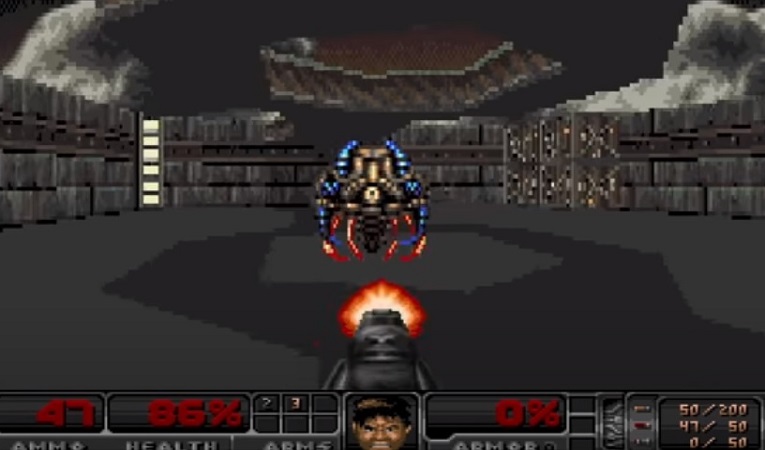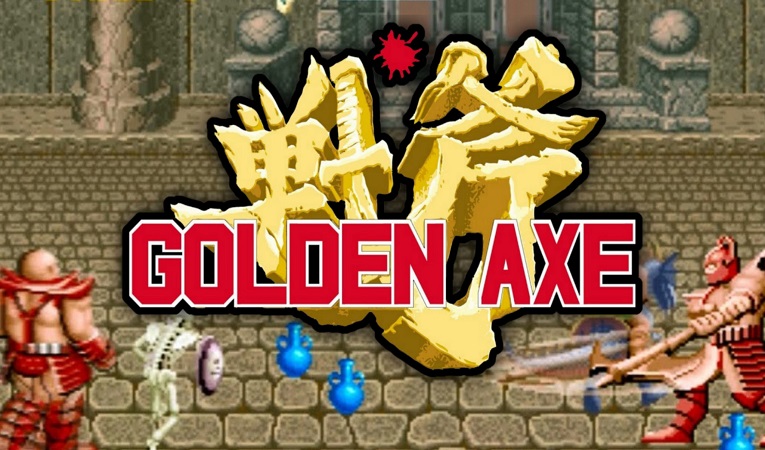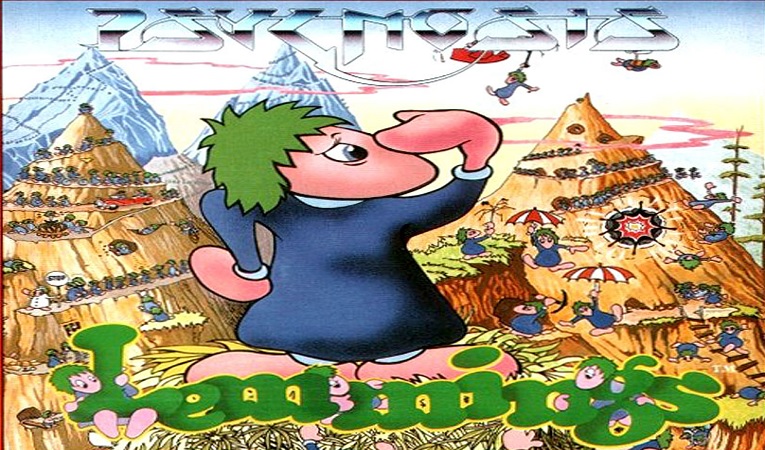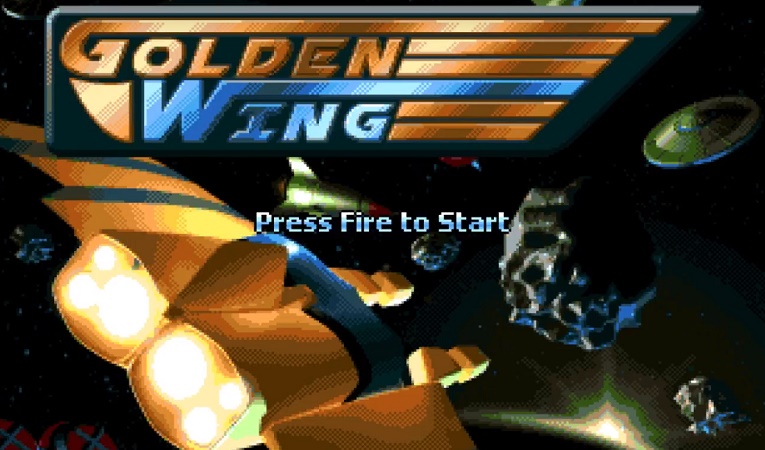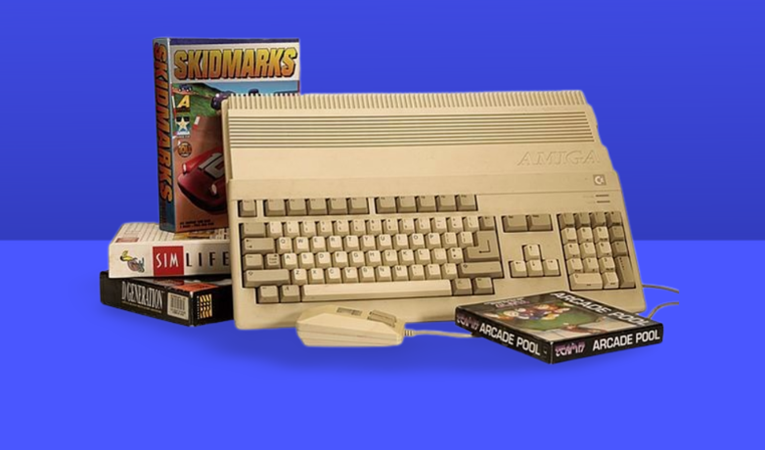
Millennials (born roughly between 1981 and 1996) and Generation Z (born between 1997 and 2012) were fortunate to experience gaming during its golden era. The late 80s, 90s, and early 2000s marked a interesting period in the evolution of the gaming industry. Iconic gaming consoles and home computers like the Commodore Amiga, Atari, Nintendo, SEGA, and later the Sony PlayStation defined this time. Buying a new game was an event in itself—standing in a store, holding the box, and eagerly reading the back cover repeatedly on the way home. Booting up your Commodore Amiga 500, sliding the magical floppy disk into the drive, and jumping straight into the action felt effortless and thrilling. There were no massive 80 GB updates, no overpriced DLCs, and no compatibility headaches—just pure, straightforward fun without any hassle. Today, many Millennials and Gen Z gamers look back and think, “Gaming isn’t as fun as it used to be.” For some, this sentiment comes from a longing to return to the simplicity and joy of childhood. But there’s more to it than nostalgia.
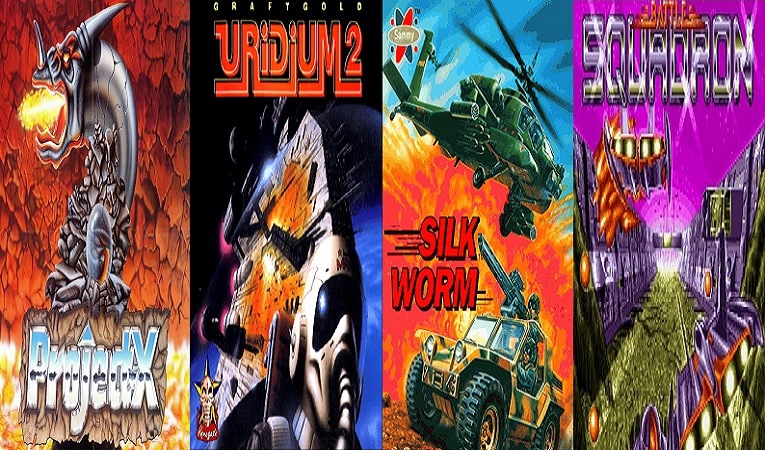
The gaming landscape has changed, and while there are still incredible new games, particularly from indie developers, the big guys from the gaming industry release new products that feels and plays like it’s disconnected from its roots and us “the gamers”. Over time, gaming has become a high-stakes, profit-driven industry, surpassing the music and film sectors in profitability and influence. As gaming corporations prioritize shareholders and tight release schedules, the emphasis on creativity, quality, and player experience seems to have diminished. Developers today are often highly trained professionals rather than passionate gamers. Many titles feel like they’re made to maximize revenue rather than provide entertainment, and it shows. In the past, buying a game meant getting a finished product. Now, it’s not unusual to wait months for patches to fix game-breaking bugs. Creativity and innovation once defined the industry—each game felt different from the last. Now, franchises churn out near-identical sequels year after year with only minor improvements.
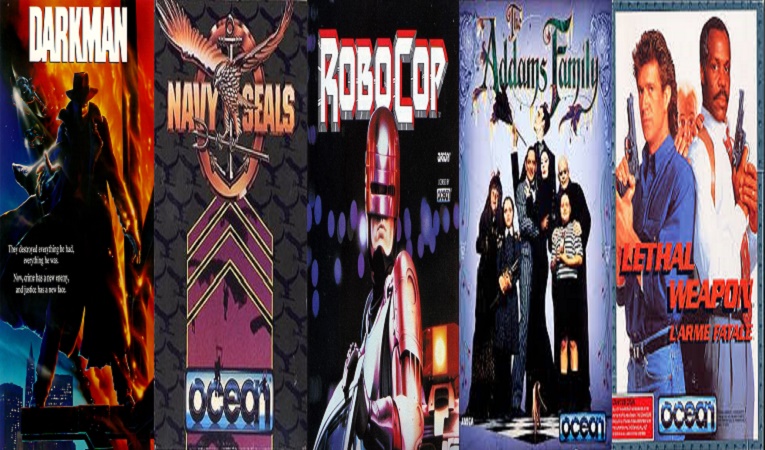
Of course, part of this change is tied to growing older. Life gets busier, and free time becomes more precious. But gaming should be an escape, a way to unwind from the stresses of daily life—not something that adds to it. Increasingly, gaming feels stressful and time-consuming, leaving players drained rather than entertained. This growing fatigue among gamers should be a wake-up call for the industry. Making money is essential, and satisfying shareholders is a reality of business. But some idealism—real or perceived—needs to return. Game companies must strike a balance between profitability and passion. They should prioritize creating meaningful experiences that players truly enjoy, rather than treating games like disposable products in an assembly line. The golden era of gaming reminds us of what made the medium so special in the first place: creativity, passion, and a genuine focus on fun. It’s time for the industry to find that spirit again…











